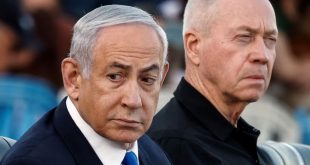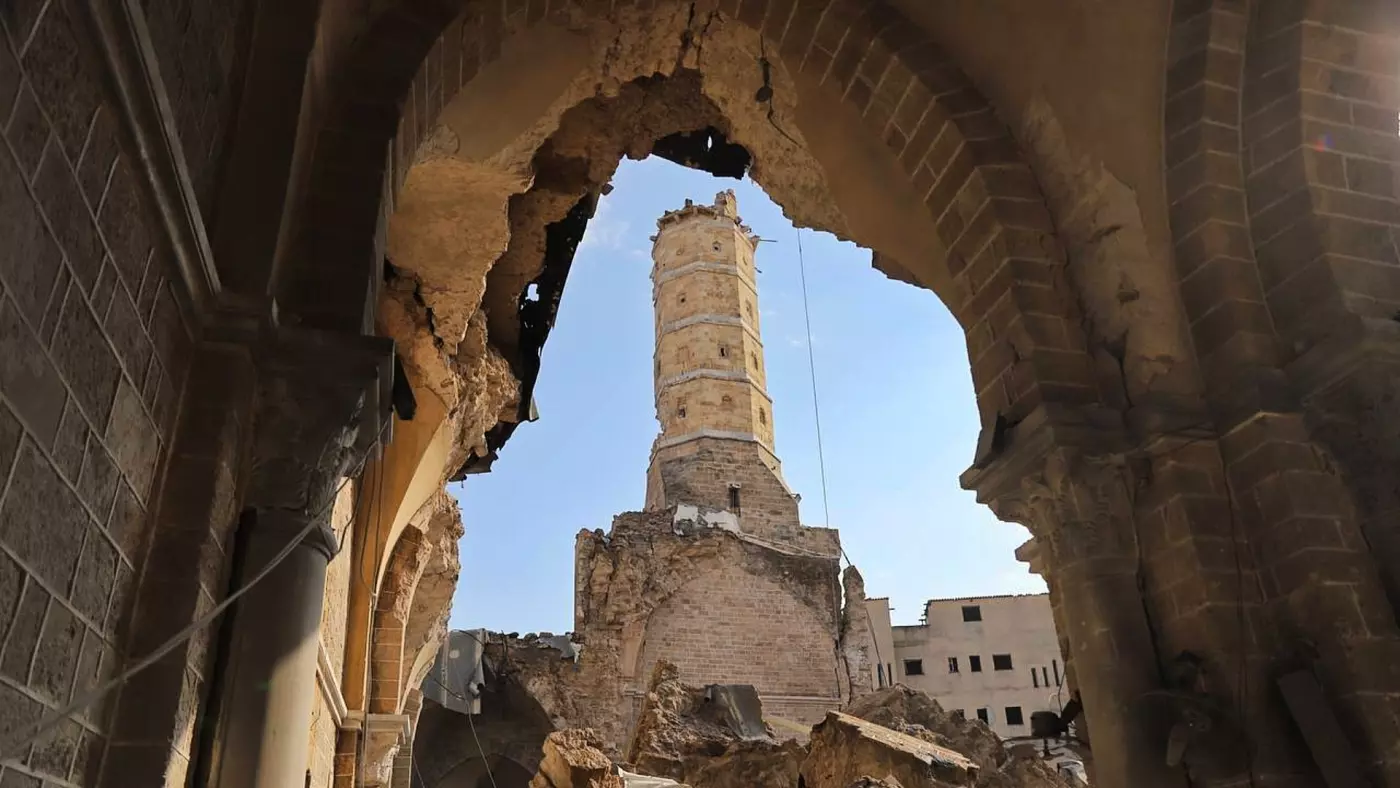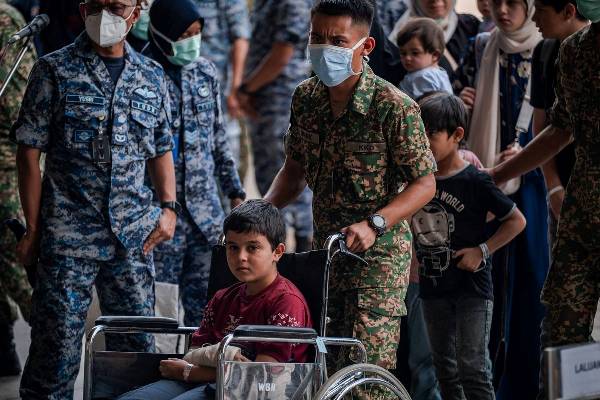Unidentified mothers, still clutching onto their children, were among 43 Palestinians buried in a mass grave on Saturday in the besieged Gaza Strip.
According to the local government media office, authorities and citizens have had difficulty identifying many victims of Israeli bombings, forcing them to bury them in a mass grave.
The burial took place in the al-Tuffah neighbourhood in Gaza, with many of the bodies described as being “scattered pieces and limbs”, according to the Ministry of Health.
Israel’s intense bombing of Gaza over the past 15 days has killed more than 4,385 people, 70 percent of whom are children, women and elderly people. In the same period, 1,400 people in Israel were also killed.
Israel’s bombardment has caused devastating damage to civilian infrastructure, levelling residential buildings atop their residents and leaving many corpses torn apart and dismembered, making them difficult to identify.
Authorities state that the remains of people have been mixed together and that some have been wounded so critically that they are no longer recognisable.
Unborn foetuses, who were in their mothers’ bodies when they were torn apart from Israeli shelling, were among some of those buried on Saturday, according to Palestinian officials.
This is the second time Palestinians in Gaza have been forced to conduct a mass burial for unidentified people in since 7 October.
Since Israel cut off all access to food, water, electricity, fuel and aid on 9 October, Palestinians in Gaza have not been able to store the bodies of the dead in mortuary freezers, which no longer function.
The overwhelming number of casualties, coupled with the lack of equipment, meant that bodies needed to be buried quickly, even if they had not been identified by family members yet.
In some parts of Gaza, ice-cream trucks have been used to store bodies of the dead as mortuary freezers stopped working. In other neighbourhoods, bodies have piled up on the streets.
Rubble from demolished buildings has also posed challenges, as family members are no longer able to visit hospitals to identify the dead due to blocked roads and ongoing bombardment.
‘Honouring martyrs’
Salam Marouf, the head of the government media office, said that they have tried to group family members together during burials as much as possible.
“We took the step to honour the martyrs by burying them,” Marouf said in a statement. “Their features began to change in [the morgue],” he added.
The first “emergency cemetery” was established on 15 October, with the Ministry of Health overseeing the dead who could be identified, while those who couldn’t be identified were overseen by the Ministry of Endowments and forensic teams.
“The occupation does not respect human dignity, not the alive nor the dead. They have killed people in their homes without warning. Israel does not even respect people’s rights after murdering them, with a burial befitting them and allowing their loved ones to bid them farewell and bury them,” Maarouf said in a previous statement.
Before burying the dead, the ministries take a photo of each person and document any distinguishing features on them, so that families may check the photos and contact the health ministry if they recognise the individuals at a later date.
Each person buried in the mass grave is also given a number and documented, allowing family members to come by and check if their loved ones are among the dead.
The white shrouds which are used to wrap the dead are also in short supply due to the number of those killed over the past 15 days.
Israel cutting off all water supplies to the besieged enclave also means that bodies cannot be washed and prepared for burial in accordance with Islamic law, as typically ghuslGhusl is a ritual bath or ablution in Islam that involves washing the entire body with pure water to remove ritual impurity and prepare for worship. The word ghusl translates from Arabic to "wash" or "clean" and is required in specified cases for both the living and the dead. More, which is a form of ablution or bath, is carried out to cleanse the body before burials.
Post Disclaimer | Support Us
Support Us
The sailanmuslim.com web site entirely supported by individual donors and well wishers. If you regularly visit this site and wish to show your appreciation, or if you wish to see further development of sailanmuslim.com, please donate us
IMPORTANT : All content hosted on sailanmuslim.com is solely for non-commercial purposes and with the permission of original copyright holders. Any other use of the hosted content, such as for financial gain, requires express approval from the copyright owners.
 Sri lanka Muslims Web Portal Sri Lanka Muslims News Center
Sri lanka Muslims Web Portal Sri Lanka Muslims News Center

 Donate
Donate


